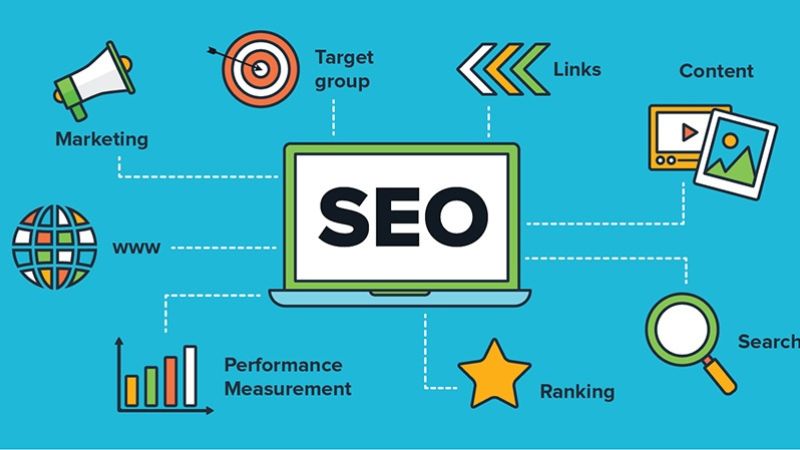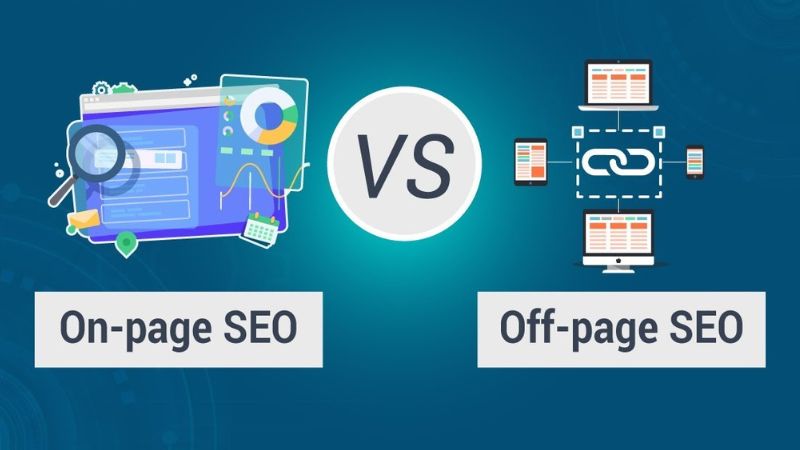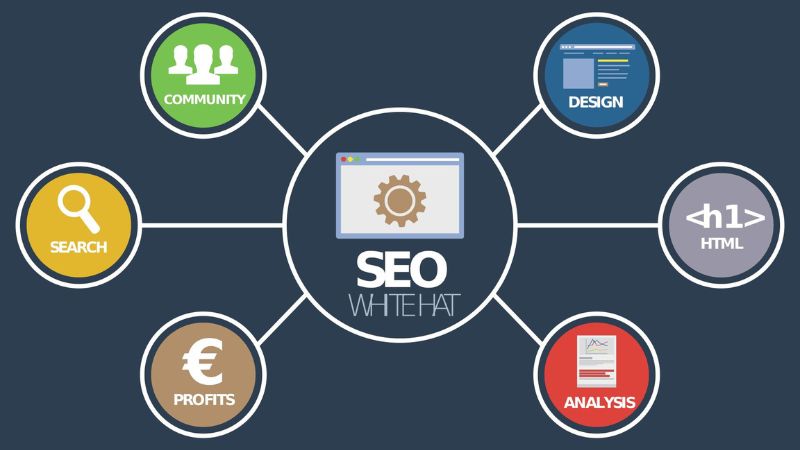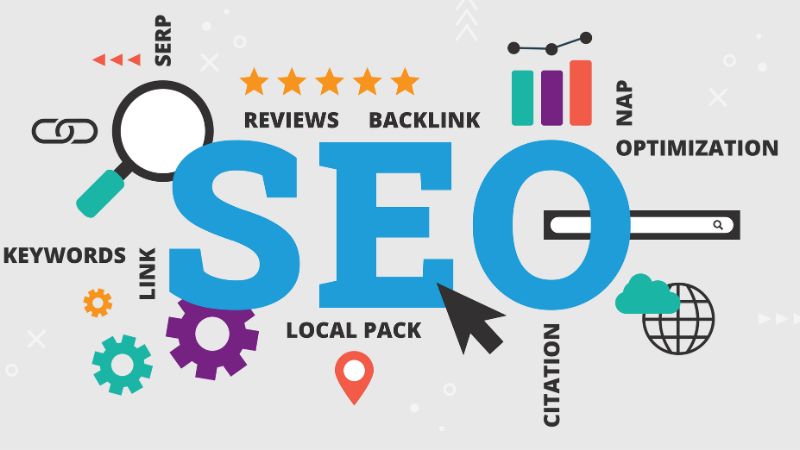In the digital age, visibility on search engines is critical for businesses and websites aiming to attract an audience. This is the point at which search engine optimization (SEO) becomes crucial. SEO involves a range of strategies and techniques to improve a website’s visibility on search engines like Google. Here’s a comprehensive look at SEO and how it can benefit your online presence.
Understanding Search Engine Optimization
Search Engine Optimization (SEO) is the practice of enhancing a website’s content, structure, and performance to increase its visibility on search engine results pages (SERPs). The ultimate goal is to drive more organic (non-paid) traffic to the site. Effective SEO considers how search engines work, what people search for, the actual search terms or keywords used, and which search engines are preferred by the target audience.

Importance of SEO
- Increased Visibility and Rankings: One of the primary functions of SEO is to increase a website’s visibility, which means making it easier for potential customers to find when they search for something you have to offer. The higher you rank on a search engine results page (SERP), the more likely people will see you and click through to your site.
- Web Traffic: By improving your search engine ranking, SEO helps you increase the number of visitors to your website. This traffic can convert into leads, sales, or other important outcomes for your business.
- Credibility and Trust: Websites that rank higher on search results pages are considered more trustworthy and credible by users. SEO helps you build your brand’s authority and credibility, as high rankings are typically seen as a vote of confidence by search engines.
Key Components of SEO
- Keyword Research
Keyword research is the foundation of SEO. Involves identifying the words and phrases your target audience uses when searching for products, services, or information related to your business. Tools such as Google Keyword Planner, Ahrefs, and SEMrush are useful for identifying relevant keywords that have high search volume and low competition.
- On-Page SEO
Optimizing individual pages on your website is what on-page SEO involves. This includes:
- Title Tags: Crafting titles that are both compelling and rich in keywords.
- Meta Descriptions: Writing concise descriptions that include target keywords.
- Header Tags (H1, H2, H3): Using headers to structure your content and highlight important points.
- Content Quality: Creating valuable, informative, and engaging content that satisfies user intent.
- URL Structure: Keeping URLs clean, descriptive, and keyword-focused.

- Off-Page SEO
Off-page SEO focuses on activities outside your website that can impact your search engine rankings. The main focus is on creating top-notch backlinks from trustworthy websites. Techniques include guest blogging, influencer outreach, and leveraging social media platforms to promote your content.
- Technical SEO
Technical SEO ensures that your website fulfills the technical requirements of search engines. Key aspects include:
- Site Speed: Ensuring fast loading times.
- Mobile-Friendliness: Optimizing for mobile devices.
- Sitemap and Robots.txt: Creating and submitting a sitemap to search engines and optimizing your robots.txt file.
- SSL Certificates: Using HTTPS to secure your site.

The Future of SEO
SEO is continuously evolving due to changes in search engine algorithms and user behavior. Staying updated with the latest trends and best practices is essential. Voice search, AI, and machine learning are influencing how search engines rank websites, emphasizing the importance of user experience and intent.
Conclusion
Search Engine Optimization (SEO) is an indispensable tool for any business looking to enhance its online presence. By understanding and implementing effective SEO strategies, you can improve your website’s visibility, attract more organic traffic, and build credibility with your audience. In an ever-competitive digital landscape, mastering SEO is crucial for long-term success.



